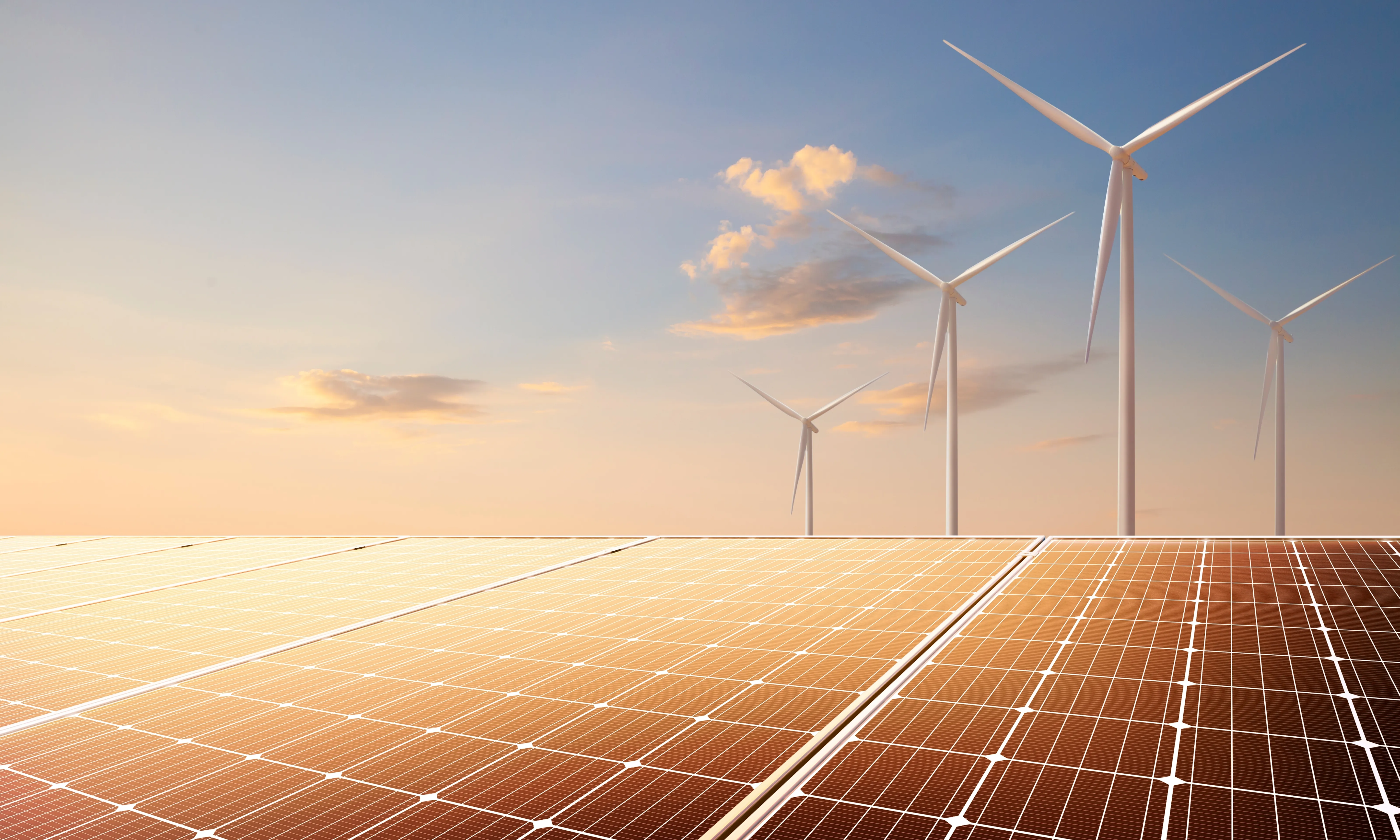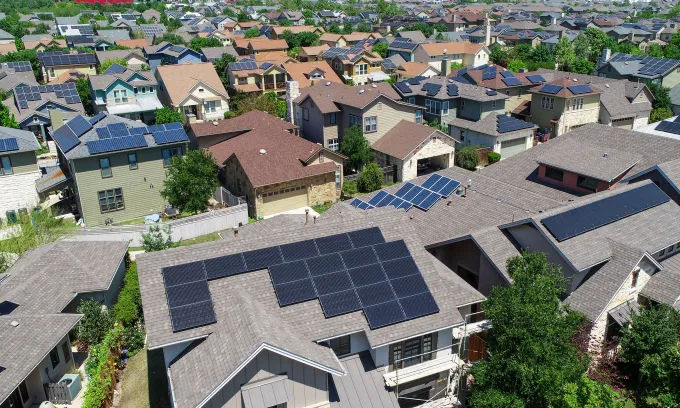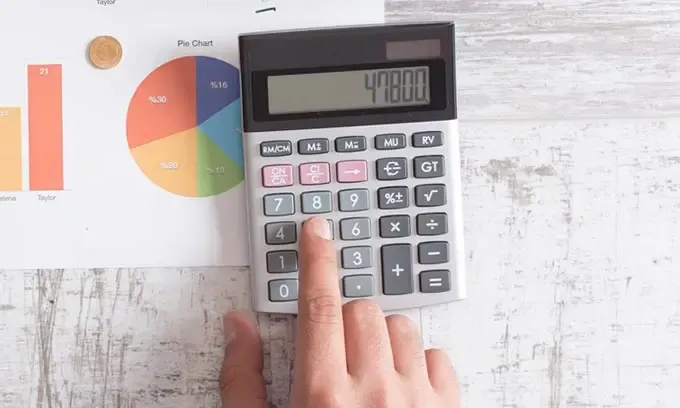What is electricity deregulation?
Electricity deregulation means that electricity suppliers are free to enter and compete in the energy market. They are also permitted to set their own tariff rates and market offers within that deregulated state.
In a deregulated electricity market, all energy retailers are required to offer basic/standard plans with pricing that aligns with the reference price. For NSW, South East QLD, SA, and the ACT, the reference price is the Default Market Offer (DMO). In Victoria, the reference price is known as the Victorian Default Offer (VDO).
The DMO and VDO are reference prices that are government-regulated, providing a level of safety for consumers, leaving energy retailers to offer plans with better value.
Energy pricing regulation used to be a responsibility of the state government. The government would manage all gas and electricity distributors and suppliers in the state, and have control over setting tariff rates.
However, recent history has seen state governments reduce control of energy markets by minimising and then removing restrictions on energy competition and prices.
Which states have a deregulated energy market?
The energy market comes under state jurisdiction, meaning regulations will vary across Australian states.
In 2002, NSW and VIC became the first states to introduce Full Retail Competition, which allowed private energy retailers to enter the energy market.
In 2009, Victoria became the first state to completely deregulate its electricity market, meaning the retailers were free to set their own prices. Since then, other states have followed suit.
Current deregulated states and territories include:
State | Competition deregulation | Price deregulation |
|---|---|---|
NSW | Yes | Yes |
VIC | Yes | Yes |
QLD | Yes | Yes (SEQ only) |
SA | Yes | Yes |
WA | No* | No |
TAS | Yes | No |
ACT | Yes | No |
NT | Yes | No |
*If your annual electricity usage is above 50MWh and you are not connected to Western Power’s distribution network, then you can choose your retailer.
State governments in smaller states and territories are reluctant to give energy retailers the ability to set their own prices because fewer retailers and less competition may not ensure that a deregulated market has its intended benefits.
Pros and cons of electricity deregulation
There are pros and cons to being part of a deregulated energy market in Australia.
Electricity deregulation pros
- Competition between providers: Retailers compete for market share and are encouraged to offer lower prices and better services.
- Incentive to offer discounts: Electricity retailers try to give themselves a competitive edge through generous discounts, package deals and lower rates.
- Default market offer price cap: Providers have a limit to what they can charge customers for standing offer plans.
Electricity deregulation cons
- Unstable prices can lead to higher energy bills: The electricity market regularly fluctuates, which means that customers on variable rate plans will experience usage price changes.
- Cost of transmission is passed onto customers: Deregulation means that transmission costs are decided by the retailer, which can be higher for customers living further away.
What is the price cap for electricity deregulation?
The Default Market Offer (DMO) in NSW, QLD and SA and the Victorian Default Offer (VDO) in VIC effectively act as price caps for electricity plans in those deregulated states.
Specific default offers differ depending on the distribution zone and change annually, but are intended to stop providers from overcharging customers when prices aren’t regulated by the government.
2025-26 DMO and VDO prices
NSW
- Ausgrid: $1,695
- Endeavour Energy: $2,411
- Essential Energy: $2,741
QLD
- Energex: $2,143
SA
- SA Power Networks: $2,301
VIC
- AusNet: $1,908
- CitiPower: $1,546
- Jemena: $1,638
- Powercor: $1,703
- United Energy: $1,589
Source: AER and ESC. Prices are estimates for a residential property without a controlled load. Electricity usage is based on an average household as determined by the regulator and varies across the networks. Average bill for domestic VIC customers 4,000kWhr/yr. Based on domestic flat tariffs.
What are regulated energy markets?
In Australia, a regulated energy market refers to a system where:
- Only state- or territory-owned energy retailers can operate, or
- State or territory governments set regulated energy prices.
Western Australia and Northern Territory state governments operate their electricity separately from the National Electricity Market (NEM) and have separate retail prices from the rest of Australia.
Why are there still regulated states in Australia?
Regulated states in Australia are typically remote areas, which would mean higher transmission costs than for those living closer to electricity generators in more populated areas.
Electricity regulation still exists to protect people in remote areas from overpaying due to those higher transmission costs.
Energy regulation in each state
Energy regulation in WA
WA has two types of energy customers in its South West Interconnected System (SWIS): non-contestable and contestable. Energy usage determines which category West Australian households fall into, not the region they live in.
Contestable customers can choose their energy supplier, though there are limited options in WA.
Non-contestable customers use less than 50 megawatt hours (MWh) a year, don’t have a choice of energy provider and have their electricity supplied by state-owned Synergy and pay government-regulated electricity rates.
Except for a few Perth metropolitan areas, the Western Australian gas market is deregulated. Households have their choice of gas provider and providers are free to set their rates and fees.
Energy regulation in NT
The NT has regulated energy prices for households. The government sets electricity costs, which providers must pass on to consumers.
The NT introduced energy retail competition in 2010, but only a handful of providers have expanded into the market. This is likely due to price capping or because only customers with a smart meter have the opportunity to switch. State-owned Jacana Energy continues to dominate the NT market.
In the absence of mains gas, a deregulated, competitive market for natural gas doesn’t exist in the NT.
Energy regulation in regional QLD
South East Queensland is a deregulated energy market.
However, regional QLD is different. While regional QLD is open to competition, households in Mackay, Townsville, Cairns and other regional locations only have access to QLD Government-regulated electricity and gas prices.
State-owned Ergon Energy is one of the few energy providers in regional QLD and the only provider to receive QLD Government subsidies.
Ergon holds the vast majority of the regional QLD market. Other providers are welcome but these providers are required to charge the same prices as Ergon without the advantages of subsidies or market share, which reduces the commercial viability of other energy retailers.
Energy deregulation in TAS
In 2014, Tasmania introduced energy retail competition, allowing more power companies to enter the market. Though it wasn’t until 2019 that another provider entered the local market. Other retailers have since expanded to Tasmania, with Energy Locals and CovaU Energy also making a move off the mainland.
Residential customers can pay regulated electricity and gas prices through state-owned Aurora Energy or enter a market contract with a different retailer. Competition has been good news for Tasmanian households, as new retailers typically charge less than government-regulated prices to encourage customers to switch.
Energy deregulation in ACT
Electricity competition is deregulated in Canberra, but electricity prices remain regulated. ActewAGL – owned by the ACT Government and AGL – rules the residential retail market with an overwhelming market share.
The ACT Government offers customers two options for electricity and gas contracts: regulated electricity rates set by the government or market retail contracts. Market retailers can set their own deals, which may include discounts, different conditions and additional fees.








